P3’s Prakruti Maniar caught up with Kanishka Gupta, founder of one of the best literary agencies in India, Writer’s Side. The agent, who represents Daisy Rockwell, translator of Geentajali Shree’s Ret Samadhi (Tomb of Sand) which won the International Booker Prize this year, was at the Jaipur Literature Festival 2022. Excerpts.
How is it to be back on ground for the Jaipur Literature Festival?
Kanishka Gupta: It’s a very good feeling and even though it’s a risk because this is an off-season for festivals, it sends good signals to book lovers and publishing professionals. The time is different, the venue is different too so full credit to the organisers for pulling it off so well. JLF is a very important part of global publishing so I’m very happy this happened.
What does a literary agent do at a litfest? Do you scout for writers? Is it a hotbed for deals?
Kanishka Gupta: Most of my time at the festival is spent interacting with my own authors. This year, there are about 34-35 authors at the festival who are represented by me. For instance: Neha Sinha, Narayani Basu, Sujata Prasad, Rijula Das, Rana Safvi, Tarana Husain Khan, Ranjit Hoskote among others. Most of my time is spent with these writers. This year is additionally special because I have been put on panels that talk about specific books and not just publishing panels. So I have to do a lot of reading in order to prepare for my sessions.
I don’t come here with the intention to scout, but at events like these, networking is inevitable. I meet other publishing professionals, publishers from abroad, and I almost always meet new writers. Also, there’s an entire ecosystem around JLF, so while we don’t have the usual glamorous parties this year, I’ve had meetings with the publishers and CEOs, so it’s been good.
As the founder of one of the best literary agencies in India, you must be getting a lot of submissions, which in turn must tell you a lot about prevalant themes among new and young writers. Can you throw some light on that?
Kanishka Gupta: I get a lot of submissions for fiction and poetry. A lot of new writers feel that their own story is urgent and universal and needs to be told, so they’re writing memoirs. I have received a number of memoirs about living during the pandemic. Every writer will write what they want to write, and new writers don’t go by trends, unless they are writing commercial fiction, in which case they are more clued into the themes that sell. Nonfiction submissions, on the other hand, will ideally only come from people who have some sort of standing in the field that they’re writing about.
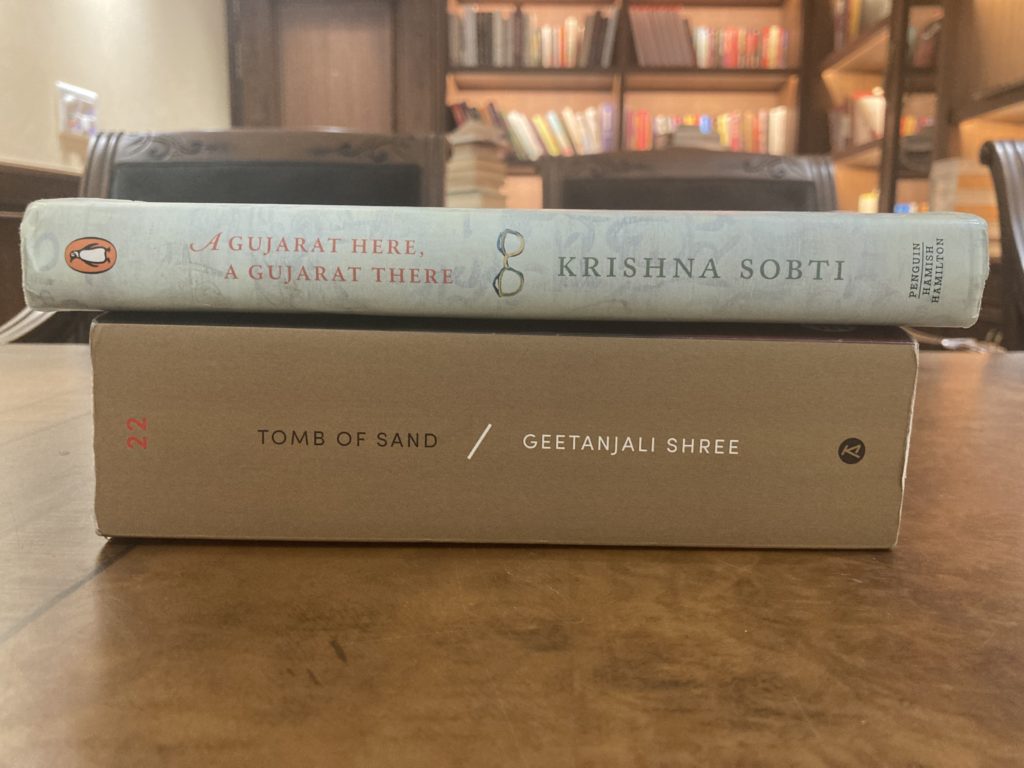
How to do you pick and chose? Do you read the whole manuscript? A few chapters? Do you read every submission?
Kanishka Gupta: When I started out in 2010 I was fully reliant on the slush pile. I used to go through every single manuscript. I no longer do that – I have become better at telling if a book or author has potential.
Most of the time you can tell from a query letter or a sample chapter whether an author can write. Today I also get a number of authors via reference(s), word of mouth. The focus is more on authors with some sort of credibility. Even first-time fiction writers can command a lot of respect and credibility. Perhaps they have won short story prizes, been published in an important journal, been part of a creative writing program, all of this counts.
You have closely followed the publishing industry during the pandemic. Can you tell us how they dealt with it and what it could mean for our book industry? Especially in the context of Westland shutting down, how has that affected things, personally and industry-wide?
Kanishka Gupta: There was a lot of courage on the part of publishers. Not a single publisher shut shop because of the pandemic, not even the small indie presses. During the first wave, there was this whole move to digital, and they all experimented with digital publishing – including digital first production, publishing books as e-books and audiobooks, doing promotional and other events online. The publishers wanted to send out the message that the show must go on. And regardless of the mayhem around, books started selling quite a bit.
This year, though, a publisher like Westland was shut down. This has been difficult for everyone involved, from writers to readers to publishing professionals, because it reduces the number of options and sends out a very bad signal. Amazon investing in an Indian publishing firm was exciting and unprecedented; because people don’t see publishing as a business, not even the publishers. So, the fact that Amazon had decided to venture into publishing in India, first by buying a small stake and then buying out the entire company, was very exciting initially.
All their imprints were also very good: Contxt, Eka, the literary imprint Tranquebar which has produced award-winning books. They had even started a children’s imprint called Red Panda which was publishing wonderful books.
It has been a difficult time for me personally because I have met so many authors in Westland. But I am confident that the books that are big will find a new publisher and the authors that don’t find a new publisher can experiment because the rights go back to them – they could consider putting their work out as an e-book, or perhaps in installments.
You read for a living, literally. Are you at all able to find the time to read for leisure? What are some of the books that have inspired and influenced you?
Kanishka Gupta: No, it’s very difficult to find time for leisure reading. Because I’m so deeply involved in all the aspects of the creation of a book represented by me, it’s hard to find the time to read other things. But I do have some memorable books.
God Of Small Things was a favorite when I first read it, and I was 18 or 19. I have greatly enjoyed a number of books from European fiction and Japanese fiction. Two other books that stayed with me for a long time are Tamas by Bhishma Sahni and Untouchability by Mulk Raj Anand. I have read a lot, so I think books whose titles also stay with me are special.
Indian writing, especially Indian writing in English has seen such interesting changes, especially on the back of the digital and the rise of self-publishing. What do you make of that trend? How does the rise of translations speak to it? Is it a sort of pushback against commercial publishing?
Kanishka Gupta: The wave of writing in English peaked with Arundhati Roy winning the Booker when I had just finished school. Today, like you said, publishing is everywhere.
Even self-publishing has been kind of legitimized. A lot of mainstream publishers now have custom self-publishing imprints that lend their brand to authors in lieu of payment. Even authors who can barely write are getting published. This way, publishers are making some easy money, perhaps in order to subsidize the cost of big books or those that are hard to sell.
Right now, though, the spotlight is on translations. We are realizing the value of stories in our languages and these books are being celebrated like never before. Jayant Kaikini’s No Presents Please, a collection of short stories in Kannada translated by Tejaswini Niranjana, won the ALTA prize (American Literary Translators Association Awards). And now, Daisy Rockwell’s translation of Ret Samadhi is on the shortlist [note: the book has since the time of the interview, won the prize] This has never happened before. I don’t know why people are saying it is just the first Hindi novel (to be listed in Booker), (when) it’s the first South Asian language novel. I’m thrilled to be a part of this as Daisy’s agent. It feels amazing!
Congratulations to you too and to Writer’s Side! Does this open more doors for Indian books in the UK and US markets? What’s the global reception like?
Kanishka Gupta: Well, I need to sell more books in the UK and the US because authors expect that from their agents now. And it’s not because of the money – there’s a misconception that UK, US deals will help you buy a villa, let me assure you that that’s not the case! For every author who gets 100,000 dollars or pounds, there are authors who’re getting 5-10 thousand pounds (or) dollars from major publishers. So no, it’s not about the money, but these deals are important in terms of reach, the opportunity to get reviewed in major international publications, and of course, eligibility for many international prizes. We are constantly seeking newer markets to place our books in. Authors today are also more aware of an agent’s role and responsibilities and of their own rights as a creator. They expect you to pitch books to OTT platforms, producers, directors, and audiobook companies, they expect you to pitch it in Indian languages. A lot of the time, editors, audiobook creators, producers, directors, etc reach out to me when they hear about a book that they feel is right for the platform.
I know that many of my books don’t have international appeal. So, I do not send every single book I represent to the UK, US publishers. One needs to carefully consider the profile of the foreign publisher, other Indian writers they may have published, whether the genre will work for their list, and whether the book will have appeal in their market.
My perception is that agenting is not as common in India as it is in the West. Do you think that’s true? How has the need and perception of literary agencies in India, changed?
Kanishka Gupta: I would say the culture of literary agencies in India nascent compared to the UK, US markets. That’s also because of Indian publishers. Some Indian editors prefer to work with authors directly, perhaps because the authors will give their books to them for less money. Agenting has not come of age, but it has certainly become prominent. So much so that two of the biggest deals in India were brokered by literary agents, whether it was Amish Tripathi’s Meluha series or the new Tata biography, both represented by other agents. Sometimes one feels that agents are redundant because authors have much more access to publishers in India than in the US or UK. In those countries, even if you happen to know an editor personally, the deal usually still goes through an agent. Most US and UK publishers prefer to look at submissions only when they come from an agent or scout. That’s not mandatory here.

As part of our effort to compensate our writers better, we at Purple Pencil Project have launched the #PayTheWriter initiative, where readers can directly show support and appreciation for our wonderful team.
Scan or upload this image on your UPI app, and show them the love 😀













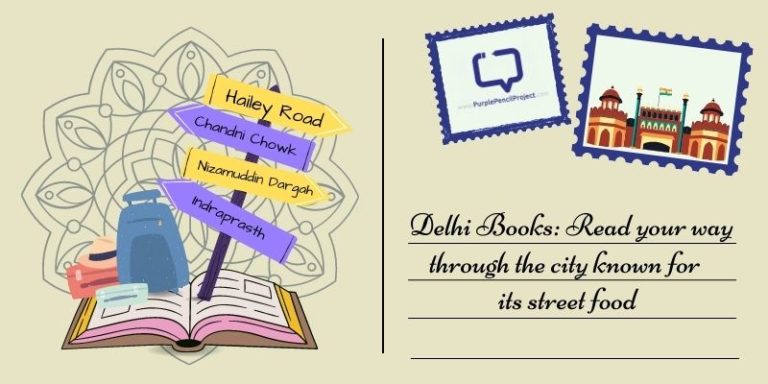
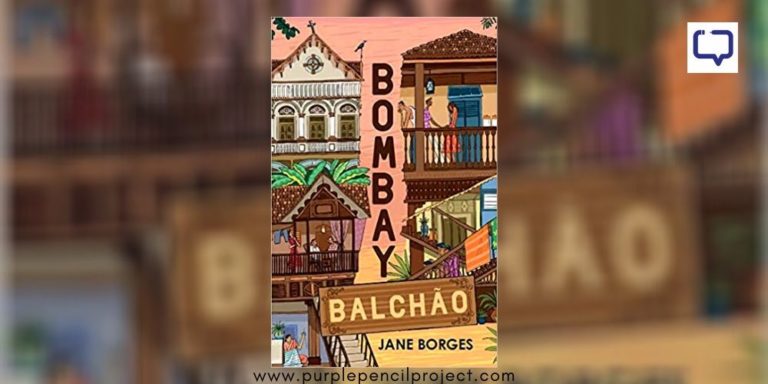


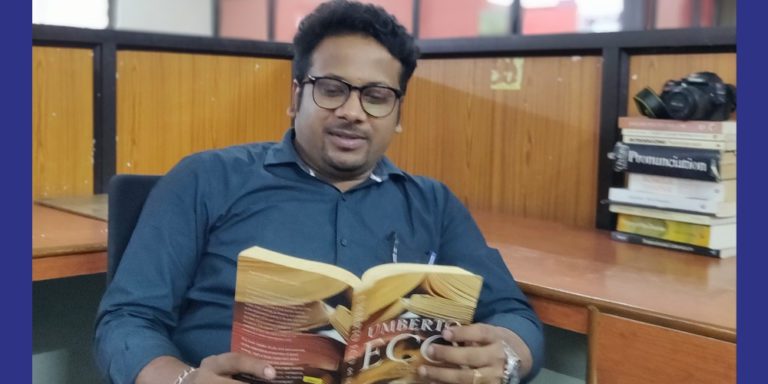

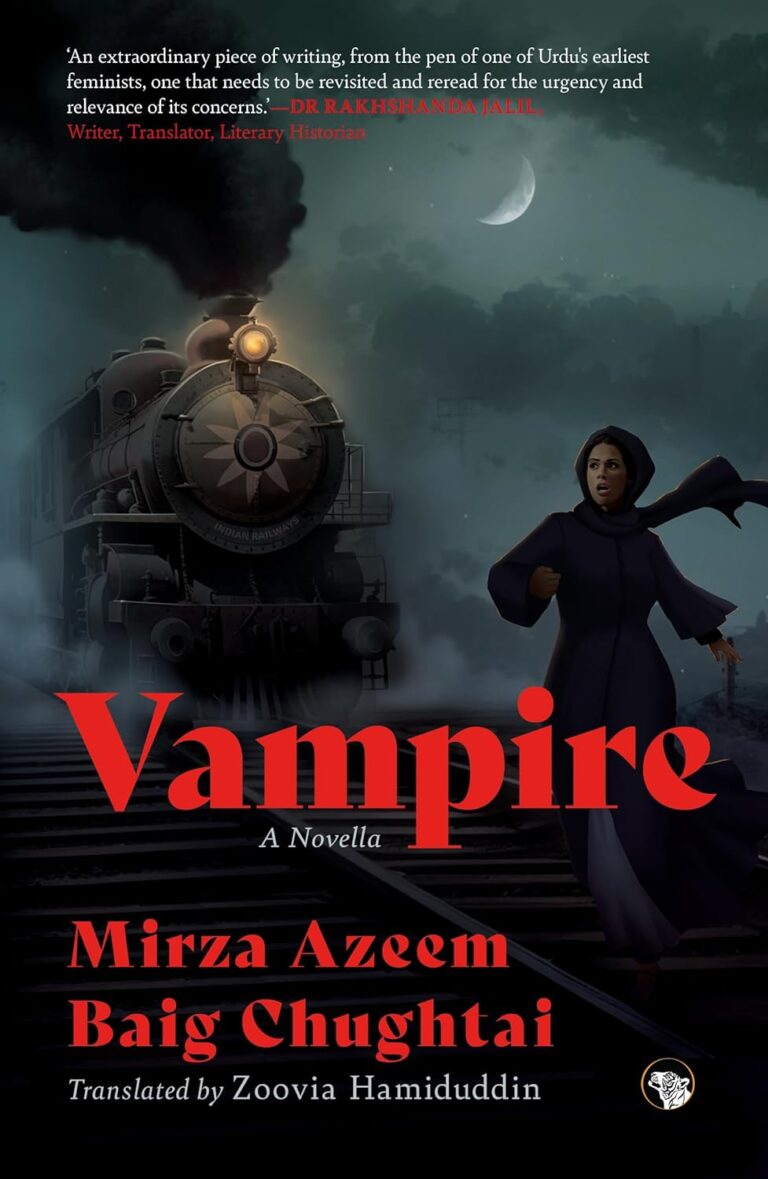
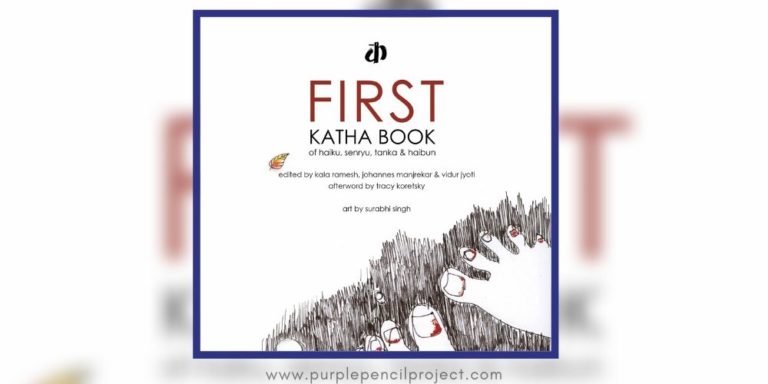

2 Responses
Amazing read and great insight into the world of books and the world behind the books getting see the light of press and possible readership. Otherwise is a big big world to dive in get lost.Knowing Kaniska for his zealous nature.he is surely getting more and more fame to the literary world. Thank for the insight and brilliant talk coming alive.
Indeed his passion really shows in his work! So happy you enjoyed the interview!